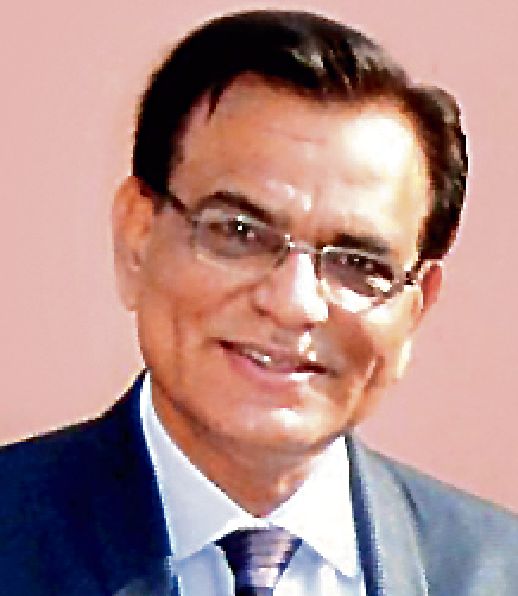It’s been a tough ride, but the Vietnamese have gone from strength to strength

Rajbir Deswa

In typhoon-torn Vietnam, though being room-bound for two days, we had interesting experiences last month. Some fellow golfers, who had visited the country a couple of months earlier, told us that the Vietnamese were a friendly people with values to cherish. And that, with fortitude and valour in their blood, they had rebuilt their war-ravaged country. The typhoon was to hit our city Hanoi at 7 in the evening, when we ventured out, walking up to a lake nearby. Soon, we realised that we had made a foolish decision, for we were caught in heavy downpour and wild, gusty winds.
While hobbling back to the hotel, and mindful of the uprooted trees, my wife, Koumdi, harboured a fishing bait, flung unknowingly by a boy, on her trouser. While trying to remove it, she suffered an injury on her finger and it started bleeding profusely. Panicked, we shouted for help when a 10-year-old girl came running from her shop-cum-home.
She made Koumdi sit on a chair and ran inside to bring a first-aid box. She put the band-aid on the finger, saying something which we could not understand. But her smile said it all. The boy kept standing on one side, being an epitome of an apology. For the next hour or so, we were sheltered in their tiny house.
In Ho Chi Minh City, our guide, Danh Hong Puch, told us interesting facets about the Vietnamese. We were surprised to know that the kids in the country generally do not want to go to school; instead, they stay on their land and pursue their parents’ profession.
Puch, who spoke monk-like, talked about the Buddha and his teachings, especially compassion. He too wanted to go back and live with his parents in a few months.
We saw the fields with built-up ornamental graves; according to Puch, the Vietnamese liked to be buried only on their property. I was reminded of the man in New Orleans, who wanted to be buried ‘above land’ since he had lived in swamps all his life! Pretentious human desires do not leave them even after death.
Puch introduced us to families on Unicorn Island, located in Mekong river, who have been living there for generations, rearing cattle, growing fruits and crops, and even raising beehives for honey.
Some distance away from Ho Chi Minh City, we saw bunkers, which stretched up to a distance of 250 km, used by Vietnamese guerillas and their families during the war with the US. The design of these bunkers is so scientific that despite having kitchens and wells inside to subsist, these are difficult for the enemy to detect. Guerrillas even wore sandals in the reverse manner, so that the enemy was fooled into believing that they were going in a particular direction, whereas it was just the opposite.
While in Da Nang and heading up to Ba Na Hills, we met Minh, a Vietnamese who had stayed for 22 years in California, USA, and who had returned to his moorings. He was in our group as just another member, but took care of everyone around. With us, he was extra helpful. He would caution, “Mind your head please!” and “Mind your step please!” He would offer to take pictures and suggest angles and the perfect light options.
Minh limped a bit since he had undergone a knee replacement surgery, but it did not deter him from offering a hand to Koumdi if it was a steep climb. At our luncheon, he guided us to the vegetarian counter. I couldn’t help telling him, “Minh, you are a good man!” He smiled and said, “ You are in my country. How can I not be good to you!” Whoever said war makes people rugged and insensitive!
— The writer is a retired IPS officer
